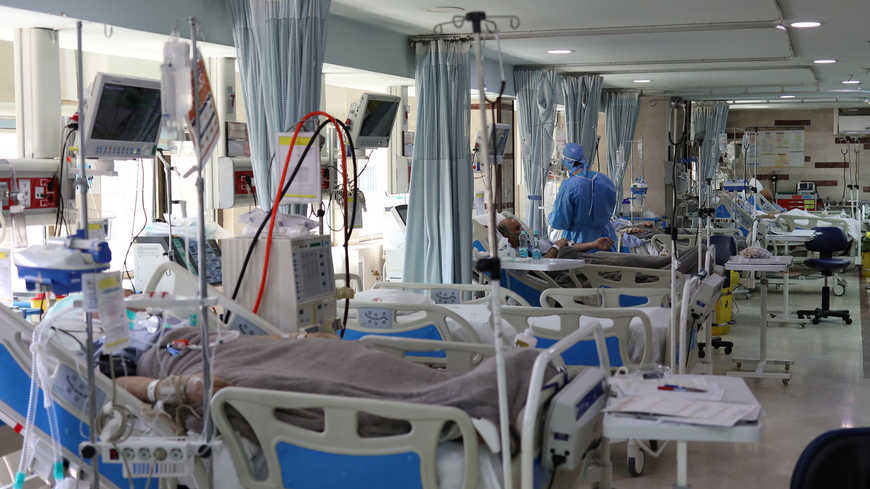Beijing: China is usually known to be covert in most of its dealings. People still doubt Chinese figures of approximately 4,600 people dead due to the coronavirus outbreak. The pandemic first started at Wuhan City in Hubei province of China. Initially China kept quiet about the COVID-19 pandemic. It only declared the disease as contagious around January 20. By then the damage had been done by coronavirus.
International backlash
This has resulted in an international backlash against China. Some Chinese doctors had warned of the impending catastrophe early in December. However, Chinese authorities did not pay heed to the warnings. Many health experts are of the opinion that had China acted promptly, the disease would not have spread. In Wuhan City authorities went ahead with public functions. It facilitated the spread of the disease. More than five million people worldwide have now been infected by the COVID-19 virus.
China admits lack of transparency
So when China publicly acknowledges it has made a mistake in handling the coronavirus crisis it comes as a surprise. Beijing recently said it lacked the transparency necessary to tackle the coronavirus crisis. Had the transparency been better, the country could have fought against the disease in an organised manner. China has also acknowledged that the healthcare system in the country needs to be revamped majorly to handle infectious diseases.
After the 2003 Sars outbreak, China had promised to deliver healthcare in a proper systematic manner. However, the coronavirus outbreak has shown that it still has a lot to do to improve the healthcare facilities. And the admission has come from no less than Premier Li Keqiang, the second most powerful man in China.
Weak links and steps to improve healthcare
Li, while presenting a report May 17, said ‘many weak links have been exposed’ in public health management. He also said that the Chinese government will have to do ‘our best to live up to people’s expectations’. And to do that the public health system will have to be significantly ‘strengthened’. Li also said that early warning procedures have to be put in place in future to prevent the spread of ‘infectious’ diseases. He added the information regarding diseases should be provided timely and transparently.
Li informed that learning from coronavirus experience the country will increase the budget for medical research. It will also invest heavily in constructing hospitals and other medical facilities. Investment in infrastructure for disease outbreak management is the need of the hour, Li said.
New policies
The Chinese premier also talked about two new policies. They are the ‘Health-in-all’ and ‘OneHealth’ policies. The ‘Health-in-all’ policy will hold the decision makers accountable as they strive to improve the medical facilities. On the other hand ‘OneHealth’ will bring all segments working to improve public health conditions under one roof. So it will be a platform where government, scientists, lawmakers, researchers and other medical professionals will work together.
Public health emergency
Li has termed the coronavirus pandemic as the ‘most challenging public health emergency China has encountered since the founding of the People’s Republic’ in 1949. The disease first broke out in Wuhan City in December.
Medical experts in China also have questioned the lack of transparency while handling the coronavirus outbreak. A former deputy head of China’s ‘Centre for Disease Control and Prevention’ has said that a probe needs to start. It is necessary to find out who were responsible for the spread of coronavirus. This will enable proper systems to be in place, in case another pandemic happens.
Revision of laws
The National People’s Congress (NPC) has said it will bring in new legislations to improve upon the existing healthcare system. This was disclosed by Zhang Yesui, a NPC spokesman. He told the media Thursday a special task force has been constituted. It will revise 17 laws in the next two years. The biosecurity law will also be revised by the body. It will then be passed in the next one year.
Agencies
